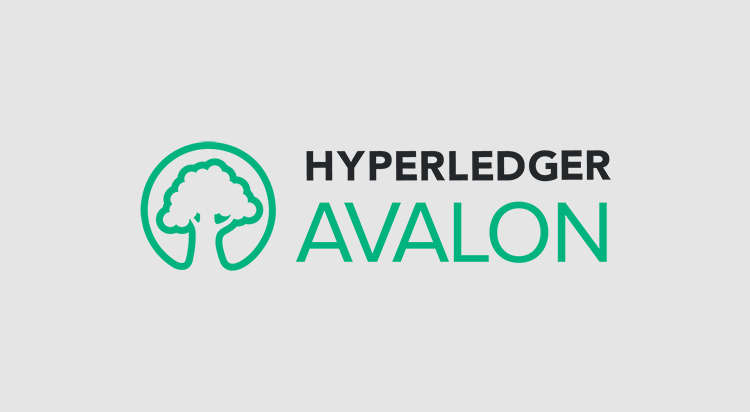Hyperledger, the open source collaborative effort created to advance cross-industry blockchain technologies, today has announced the latest Hyperledger project called Avalon. It is a ledger independent implementation of the Trusted Compute Specifications from the Enterprise Ethereum Alliance (EEA).
The project is an intersection of Hyperledger, EEA, and cloud service provider ecosystems. According to the Hyperledger team, Avalon “…is perhaps the most broadly sponsored project to date. It brings together sponsorship from Intel, iExec Blockchain Tech, Alibaba Cloud, Baidu, BGI, Chainlink, Consensys, EEA, Espeo, IBM, Kaleido, Microsoft, Banco Santander, WiPro, Oracle, and Monax.”
Hyperledger Avalon
For blockchain scalability, there has always been a trade-off of resiliency and integrity for performance and confidentiality.
The Trusted Compute Framework (TCF) enables the secure movement of blockchain processing off the main chain to dedicated computing resources. This enables:
- Improved blockchain throughput and lower latency
- Improved transaction privacy
- Attested Oracles, which are trusted reporters of data generated outside of the blockchain
TCF is designed to help developers gain the benefits of computational trust and mitigate its drawbacks. A blockchain is used to enforce execution policies and ensure transaction auditability, while associated off-chain trusted compute resources execute transactions.
Preservation of the integrity of execution and the enforcement of confidentiality guarantees come through the use of a Trusted Compute (TC) option, such as:
- Trusted Execution Environments (TEE)
- MultiParty Compute (MPC))
- Zero-Knowledge Proofs (ZKP)
The approach will work with any Trusted Compute option that guarantees integrity for code and integrity and confidentiality for data. The initial implementation uses a Trusted Execution Environment enabled by Intel Software Guard Extensions (SGX).
The TCF uses a distributed ledger to:
- Maintain a registry of the trusted workers (including their attestation info)
- Provide a mechanism for submitting work orders from a client(s) to a worker
- Preserve a log of work order receipts and acknowledgments
“Now that Avalon has matriculated to a full project at Hyperledger, we are excited to continue maturing and expanding the code base. Some of the initial areas we plan to work on are solidifying the Hyperledger Fabric integration and similarly working with another new addition to Hyperledger, the Ethereum client, Hyperledger Besu.”
– The Hyperledger Team
